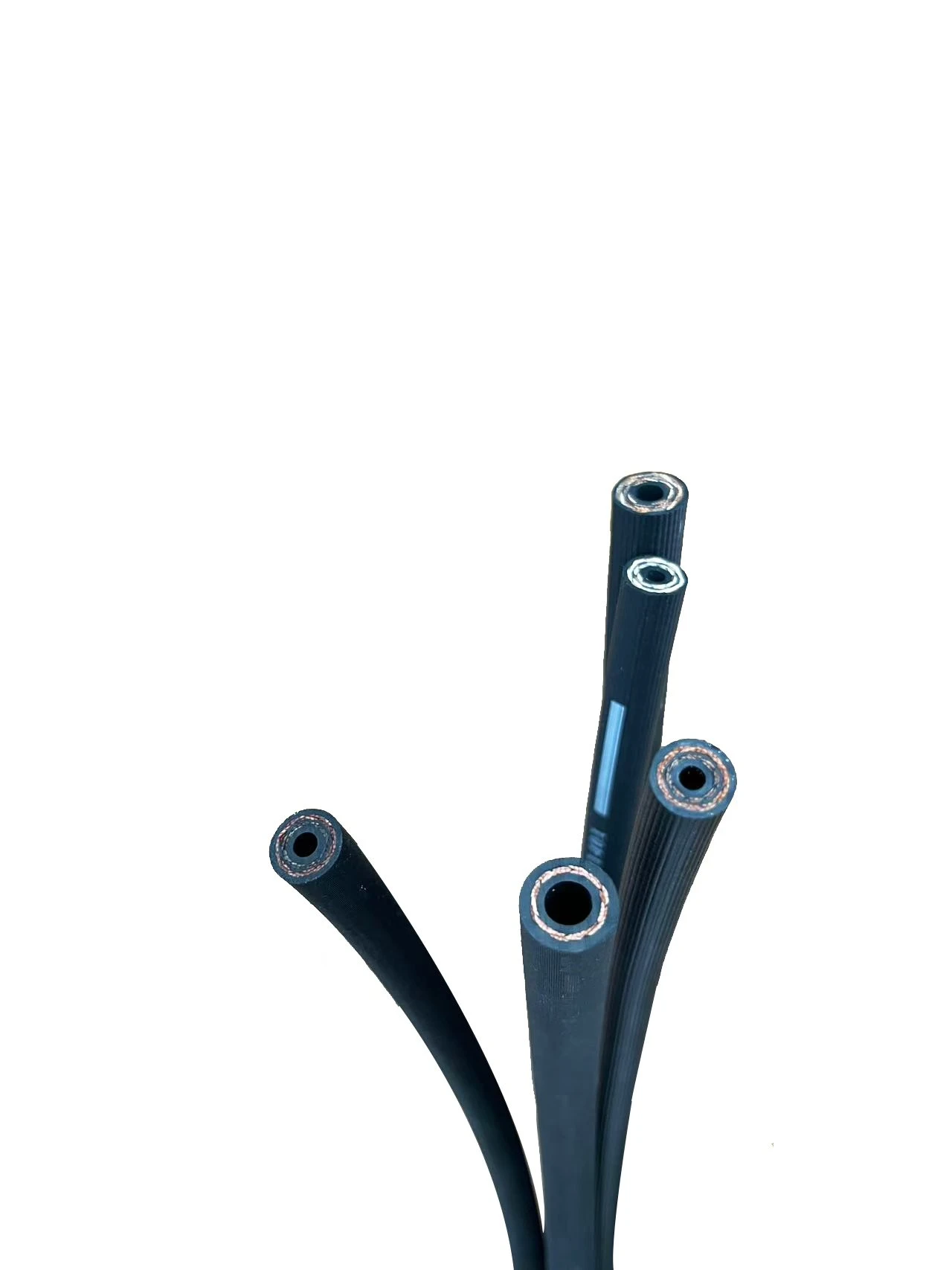gas hose for car
Nov . 17, 2024 05:26 Back to list
gas hose for car
The Importance of Quality Gas Hoses for Cars
When it comes to maintaining a vehicle, there are countless components that require attention, but few are as critical as the gas hose. Often overlooked, the gas hose plays a vital role in ensuring the vehicle runs smoothly and safely. Understanding the significance of high-quality gas hoses can help car owners appreciate this essential part of their vehicle's infrastructure.
What is a Gas Hose?
A gas hose, also known as a fuel line, is a flexible tube that carries fuel from the gas tank to the engine. Made from materials designed to withstand the corrosive properties of gasoline and high temperatures, these hoses are crucial for fuel delivery. Over time, gas hoses can wear down due to exposure to heat, chemicals, and physical stress, making it imperative to regularly check their condition.
The Importance of Quality
The quality of the gas hose can significantly impact your vehicle's performance and safety. High-quality hoses are designed to handle variations in pressure and temperature, while also being resistant to abrasion and adverse environmental conditions. When a gas hose fails, it can lead to fuel leaks, which not only pose a fire hazard but can also damage the vehicle's engine. Therefore, investing in quality gas hoses is essential for protecting the car and ensuring the safety of its occupants.
Signs of Wear and Tear
Recognizing when a gas hose needs to be replaced is key to preventing problems. Common signs of wear include cracks, brittleness, or swelling of the hose. Additionally, if you notice a strong smell of gasoline around your vehicle, it could be an indication of a leak. Regular inspections can help catch these issues early, ultimately saving money on more expensive repairs down the line.
gas hose for car

The Right Material Matters
Gas hoses are typically made from rubber, polymer, or metal. Rubber hoses are flexible and resistant but may degrade more quickly than other materials. Metal hoses, on the other hand, offer durability and can withstand higher pressures, making them a common choice for performance vehicles. Understanding the right materials for your specific car model can help in choosing the right hose that meets safety standards while also improving performance.
Regular Maintenance
Like any other component, gas hoses require regular maintenance. During routine vehicle inspections, it's advisable to include a check on the fuel lines. Look for any signs of leaks or wear, and don’t hesitate to replace any hose that shows signs of damage. Additionally, keeping the underside of your vehicle clean can help prevent premature wear on these components.
Choosing the Right Gas Hose
When it's time to replace a gas hose, make sure to choose one that meets or exceeds the original equipment manufacturer (OEM) specifications. Aftermarket options can be tempting due to their lower price, but they may compromise safety and performance. Always consult a professional mechanic if you’re unsure about which product to choose, as they can provide valuable insights based on experience and knowledge of your vehicle.
Conclusion
The gas hose is a critical component that plays a direct role in your vehicle’s efficiency and safety. Quality, maintenance, and timely replacement are essential to ensure that your car runs smoothly. By giving attention to this often-neglected part, car owners can avoid potentially hazardous situations and maintain optimal performance. Remember, the road to a safe driving experience begins with the small but significant components, like the gas hose. A little vigilance can go a long way in ensuring your vehicle remains reliable and safe for years to come.
